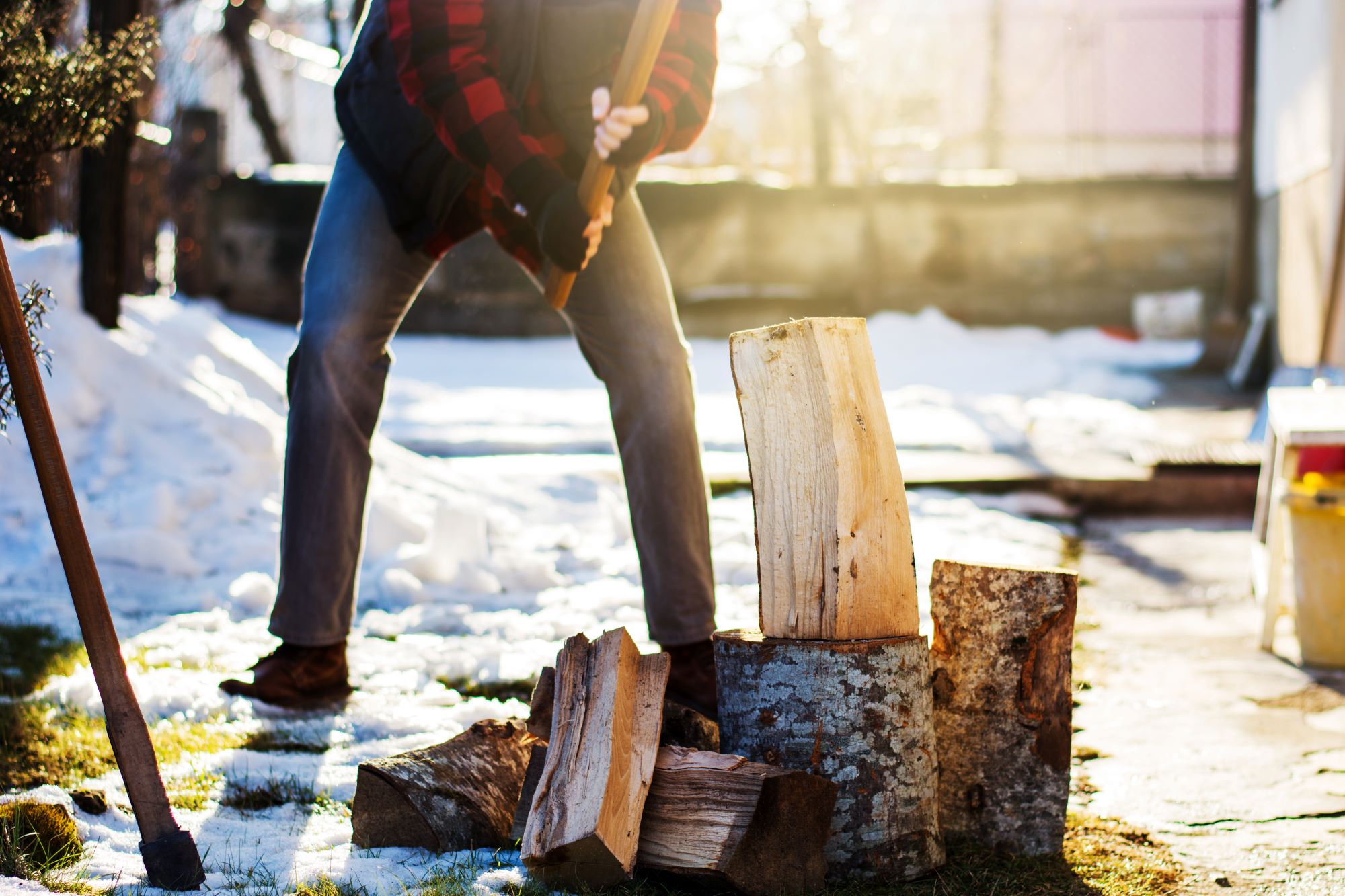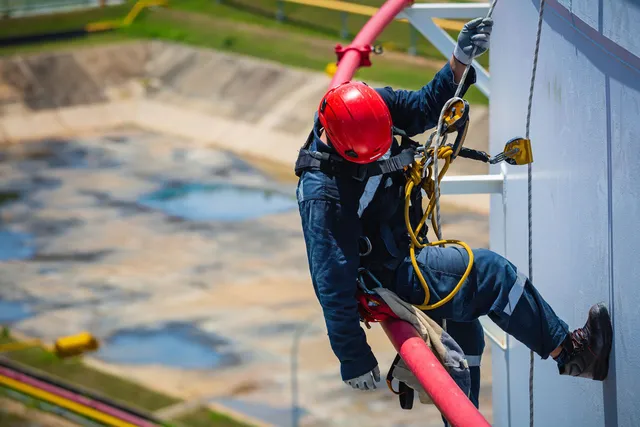
The leaves are changing colors, the weather is getting colder, and that can only mean one thing: winter is coming! Although some people may love the cold weather, others may not be thrilled about it. Whether you like winter or not, there are a few things you should do to prepare your house for the colder months.
And to begin with, here are nine tips to help get your house ready for winter:
1. Get Your Furnace Serviced
As the temperatures drop, it’s important to ensure your furnace is in good working order. After all, you don’t want to be left in the cold when the first snowstorm hits. Servicing your furnace every year is the best way to keep it running smoothly and prevent any expensive repairs or replacements down the road.
Plus, a well-maintained furnace will be more efficient, meaning you’ll save money on your energy bills all winter long. Furthermore, you can read at Serviceheroes.com.au or other website about what services you can book for your home in preparation for winter.
2. Insulate Your Home
Another way to prepare your home for winter is to ensure it’s well insulated. It will help keep the heat in and the cold out, making it more comfortable for you and your family. There are several ways to insulate your home, and the best approach will vary depending on the type of home you have and your budget.
For example, you can install weather stripping around doors and windows, add insulation to your attic or crawl space, or install double-paned windows. Taking steps to insulate your home will help keep your energy bills down and make your home more comfortable during the winter.
3. Inspect Your Chimney And Gutters
If you have a fireplace, now is the time to get your chimney inspected and cleaned. It’s also a good idea to check your gutters and downspouts to ensure they’re debris-free. Clogged gutters can cause water to back up and leak into your home, causing serious damage. Furthermore, if you live in an area with a lot of snow, you may want to invest in a snow rake to help remove the snow from your roof.
4. Protect Your Pipes
When the temperatures start to dip below freezing, it’s important to protect your pipes. Otherwise, they could freeze and burst, causing significant damage to your home. You can insulate your pipes with pipe sleeves or wrap to prevent them from freezing. Furthermore, letting the water drip from your faucets during cold weather would be best to keep the water moving and help prevent your pipes from freezing.
5. Drain Your Lawn-Irrigation System
One task that is often overlooked is draining a lawn irrigation system. If water is left in the system, it can freeze and expand, causing damage to pipes and valves. To avoid this, drain all water from the system and store any hoses in a protected area. These simple steps will help ensure that your lawn irrigation system stays in good working condition all winter long.
6. Remove Tree Branches
Overgrown branches can block sunlight from reaching your windows, making it harder to keep your house warm. They can also rub against your roof, causing damage over time. In addition, during a heavy snowstorm, the weight of the snow can cause branches to break and fall, which could cause serious damage to your property. Therefore, trimming your tree branches can help protect your home from the winter weather.
7. Test Your Sump Pump
If your home has a sump pump, it’s time to test it to ensure it’s in good working condition. Sump pumps are used to remove water from your basement or crawl space, and they can come in handy if your area experiences heavy rains or flooding. To test your sump pump, pour a bucket of water into the sump pit and turn on the pump. The pump should activate and begin to remove the water from the pit. And if it doesn’t, you’ll need to have it serviced or replaced before winter arrives.
8. Check Your Smoke And Carbon Monoxide Detectors
Winter is the perfect time to check your smoke and carbon monoxide detectors. Smoke detectors are essential for the early detection of fires, and carbon monoxide detectors can warn you of dangerous levels of the gas in your home. Thus, both types of detectors should be checked regularly to ensure they’re in good working order. Hence, you may consider installing additional detectors in key areas of your home, such as near fireplaces and furnaces.
9. Stock Up On Winter Supplies
Finally, ensure you have all the winter supplies you need to keep your home warm and comfortable. It includes wood or coal for your fireplace, salt for your sidewalks and driveway, and a shovel in case you get snow. In addition, you may want to invest in a space heater or electric blanket to keep you warm on cold nights. By stocking up on winter supplies now, you can be prepared for anything the winter weather might bring.
Conclusion
By taking the time to prepare your home for winter now, you can help protect it from the damaging effects of the cold weather. By following these simple tips, you can rest assured that your home will be ready for the winter season.











